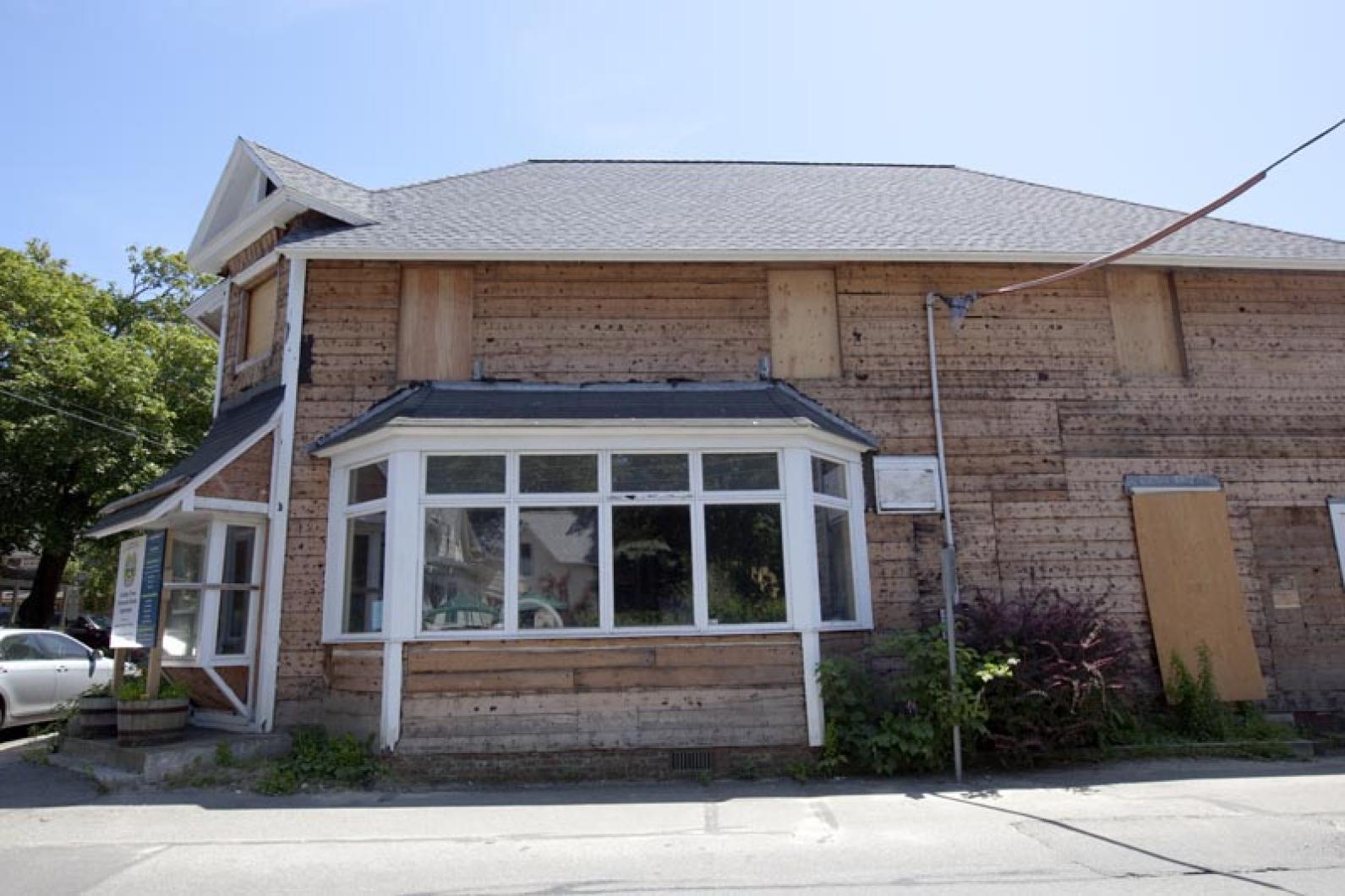Oak Bluffs has turned to a nonprofit company specializing in housing rehabilitation projects to assist with a plan to convert the old town library at the corner of Pennacook and Circuit avenues into a mixed-used commercial building with a pharmacy on the first floor and affordable housing on the second floor.
The Oak Bluffs affordable housing committee, the applicant for the library project, has entered into talks with The Resource Inc. (TRI), a tax-exempt company based in Dennisport that helps towns secure funding and manage projects.
The affordable housing committee turned to TRI after bids for the library project came in substantially higher than expected last month. Town officials were hoping the bids would come in at $900,000 or less, and asked contractors to be as close to that figure as possible in their request for proposals.
But when bids were opened, the low bid was $1.26 million from A.P. Whitaker and Sons of West Bridgewater.
The town wants to restore the 80-year-old, two-story, wood-frame building, and create commercial space on the ground floor and three units of affordable housing on the second floor. The town plans to retain ownership of the building and execute a long-term lease and management contract with the Dukes County Regional Housing Authority.
The library project has already received more than $800,000 in funding from a state grant from the state Housing Development Support Program and a series of allotments from the town Community Preservation Act fund.
At first the town planned to act as its own project manager. Work began last year on the building, which has been vacant since the fall of 2005.
Town administrator Michael Dutton said this week the affordable housing committee is negotiating with TRI for a possible partnership.
“The [affordable housing] committee could benefit from TRI . . . they bring a considerable amount of expertise and experience to the table. This may also be the only way to make this work financially,” he said.
Alice Boyd, a grant writer who helped secure the $445,000 grant from the Housing Development Support Program, said TRI will likely take out a mortgage to finance the cost of construction, something the town was not in a position to do.
Because the project involves grant money and Community Preservation Act funds, the town is required to use state approved contractors and pay state-mandated wages for all workers. Hiring a nonprofit would allow the town to skirt that process and instead hire local workers.
But Ms. Boyd said that is not why the town is considering hiring TRI.
“This is not about skirting the law . . . it’s about bringing in a very qualified firm that can make this project better. And it won’t cost the town a penny to bring in these professionals,” she said.




Comments
Comment policy »